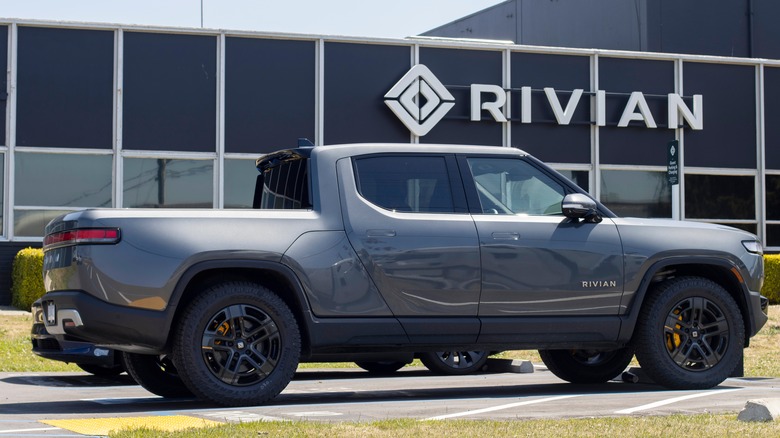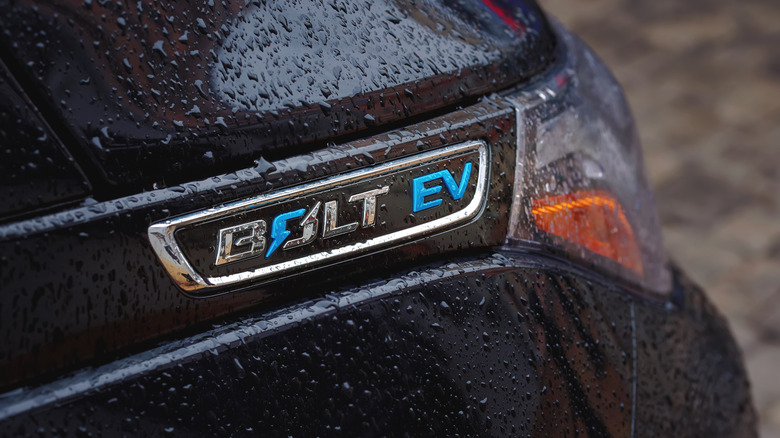New Battery Rules Squash Tax Credit Eligibility For Popular VW, Rivian, BMW, And Nissan EVs
Several automakers, including Volkswagen, BMW, Nissan, Rivian, Hyundai, and Volvo Cars, will lose access to the $7,500 tax credit for their electric vehicles (EVs) due to new battery sourcing rules introduced by the U.S. Treasury. Affected vehicles include the Audi Q5 TFSI e Quattro PHEV, BMW 330e, BMW X5 xDrive45e, Genesis Electrified GV70, Nissan Leaf, Rivian R1S and R1T, Volkswagen ID.4, and Volvo S60 PHEV, according to Reuters.
The regulations are part of President Joe Biden's strategy to reduce dependence on China for EV battery supply chains. Simultaneously, it's said to work toward achieving the administration's goal to have EVs dominate 50% of U.S. new vehicle sales by 2030.
In addition to the vehicles named above, it's now apparent that the standard Tesla Model 3 will see its credit reduced by half to $3,750, while other Tesla models will retain the full credit. Previous reports stoked fears that buyers of Tesla's cheapest model wouldn't see any credits altogether.
Who else is getting a tax credit?
General Motors' electric Chevrolet Bolt and Bolt EUV will be eligible for the full $7,500 tax credit, as will GM's upcoming EV models, such as the 2023 Cadillac Lyriq, Chevrolet Equinox EV, and Blazer EV SUVs. Ford and Stellantis, Chrysler's parent company, confirmed that tax credits on most of their electric and PHEV models would be halved to $3,750 on April 18.
According to the report, Hyundai doubled down on future commitments to accelerate its fleet's EV transition to meet the new guidelines. Volkswagen and Nissan also expect to meet the new standards before long, even if only partially. Volkswagen name-dropped its ID.4 SUV as a vehicle it's "fairly optimistic" will qualify once the automaker receives documentation from its chief supplier. Volvo said it would review the recently released EPA rules before determining its path. Tesla, Rivian, and BMW declined to comment.
The Inflation Reduction Act (IRA), enacted in August and worth $430 billion, introduced these new requirements. To qualify for a $3,750 credit, the IRA mandates that 50% of the value of battery components be produced or assembled in North America, while 40% of the value of critical minerals must be sourced from the U.S. or a free trade partner.

